
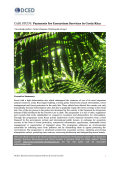
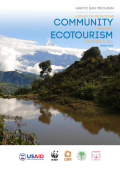
The study has explored how the local community’s involvement in the tourism activities under Community Based Ecotourism (CBET) can be increased through small interventions and partnerships.
In order to gain insight from existing CBET activities in Nepal, a rapid assessment of two existing community based ecotourism destinations, namely the Baghmara...
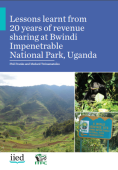

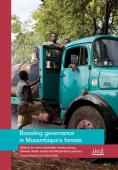
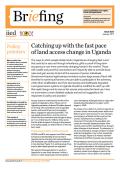
The ways in which people obtain land in Uganda are changing fast. Land that used to be secured through inheritance, gifts or proof of long-term occupancy is now more commonly changing hands in the market. Those with wealth and powerful connections are frequently able to override local rules and gain...
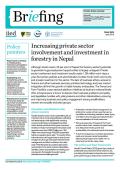
Although forest covers 40 per cent of Nepal, the forestry sector’s potential to generate huge employment opportunities is largely untapped. Private sector involvement and investment could create 1.38 million work days a year. But certain policies and administrative hurdles hinder both community and private investment in the sector. The lack...

Our decreasing forest landscapes are under huge pressure to deliver local and global needs, from a village’s food and firewood to mitigating climate change. With demand unlikely to fall, the key issue is how we extract what we need. Governments are faced with two contrasting business models: the profit-maximising, often...
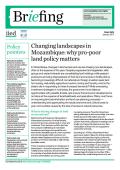
In Mozambique, changes in land access and use are shaping new landscapes, often at the expense of the poor. Despite progressive land legislation, elite groups and vested interests are consolidating land holdings while peasant producers are being dispossessed of their land and access to fertile plots is becoming increasingly difficult...
